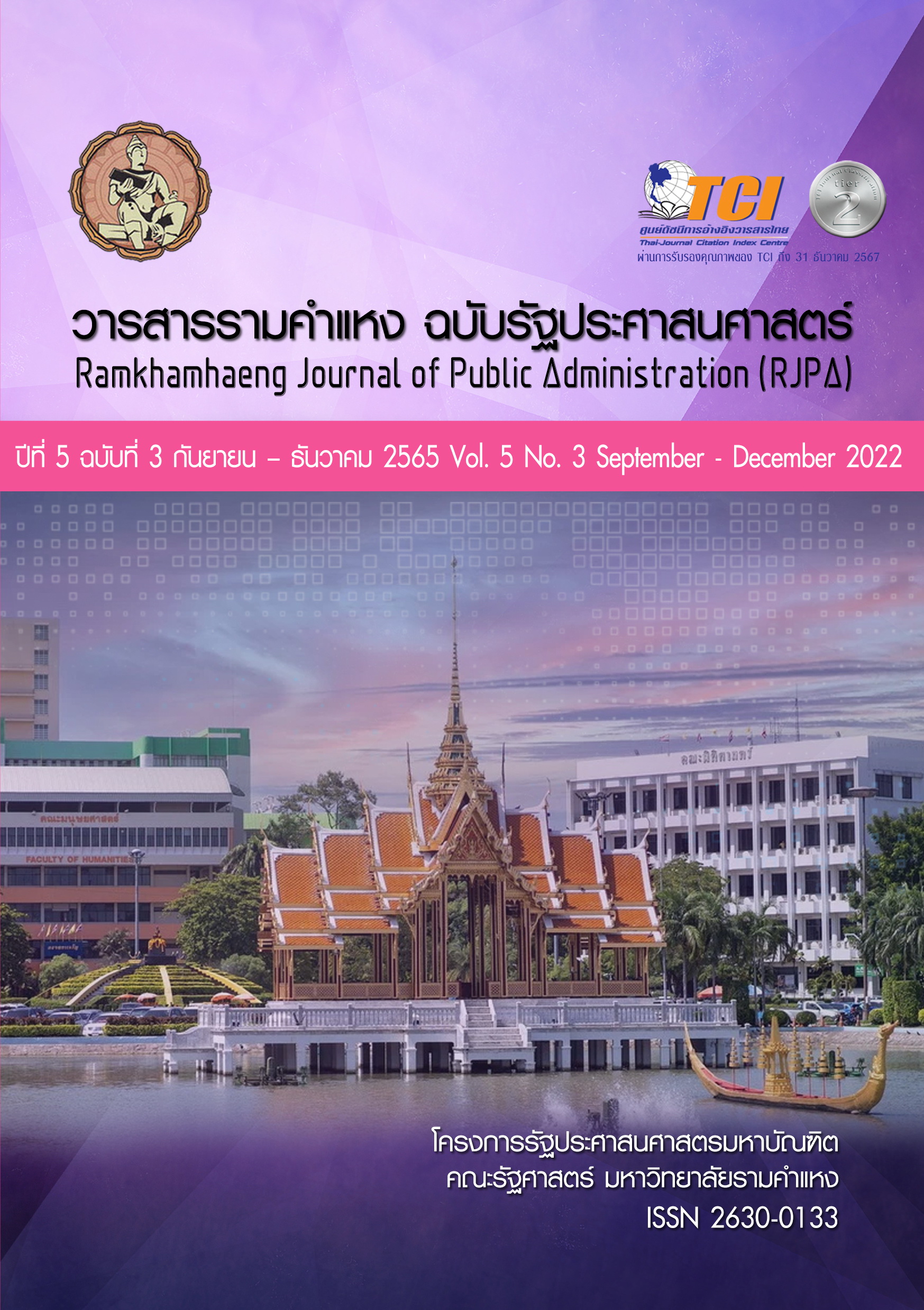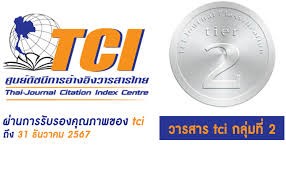ไตรภาคีอำนาจ (Tripartite power)
Abstract
บทคัดย่อ
ความขัดแย้งในสังคมไทยปัจจุบันไม่ได้เกิดจากชนชั้น แต่เกิดจากการมีสิทธิอำนาจ ทำให้เกิดสองกลุ่มพลังทางการเมืองคือกลุ่มที่มีสิทธิอำนาจกับกลุ่มไม่มีสิทธิอำนาจ สำหรับกลุ่มพลังสังคมในสังคมการเมืองไทยปัจจุบันประกอบด้วย “กลุ่มรัฐพันลึก” ถือเป็นกลุ่มที่มีสิทธิอำนาจในปัจจุบัน และ “กลุ่มพลังประชาธิปไตย” เป็นกลุ่มที่ไม่มีสิทธิอำนาจ และเป็นคู่ขัดแย้งหลักในสังคมการเมืองไทยปัจจุบัน ซึ่งแต่ละกลุ่มต่างมีผลประโยชน์แอบแฝง จึงทำให้แต่ละกลุ่มยังสามารถประสานประโยชน์กันได้ แต่หากความขัดแย้งของทั้งสองกลุ่มไม่สามารถประสานประโยชน์แอบแฝงได้ ก็เชื่อว่าความขัดแย้งนี้จะอยู่กับสังคมไทยอีกยาวนาน แต่ก็ยอมรับว่า ความขัดแย้งสามารถทำให้โครงสร้างมีการเปลี่ยนแปลงได้ ส่วนประเภทของการเปลี่ยนแปลง ความรวดเร็วของการเปลี่ยนแปลง และขนาดของการเปลี่ยนแปลงนั้น ขึ้นอยู่กับเงื่อนไขของการเปลี่ยนแปลง เช่น อำนาจของกลุ่ม ความกดดันของกลุ่ม โดยเฉพาะอย่างยิ่งกลุ่มพลังภายนอกหรือพลังทุนนิยมโลกเข้ามาเป็นตัวแปรสนับสนุน
Abstract
The conflicts in Thai society today arise from authority, not from social class. This gave rise to two political power groups; having authority and no authority. The social groups in current Thai political society consist of “Deep States ” which have authority and “Democracy Groups” which have no authority. They are the main conflict in Thai political society today. Each group has latent interests. Therefore, the groups can be coordinated. If both groups were unable to coordinate the latent interests, the conflict will remain in Thai society for a long time. The conflict causes the structure to change in any form, speed and magnitude depending on the conditions of the change such as group power, group pressure especially external forces or global capitalism that come in as support variables.




 Publication Policy (นโยบายการตีพิมพ์บทความ)
Publication Policy (นโยบายการตีพิมพ์บทความ) Publication Ethics (จริยธรรมการตีพิมพ์บทความ)
Publication Ethics (จริยธรรมการตีพิมพ์บทความ)